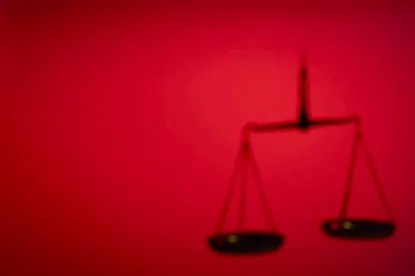Last week, the U.S. Supreme Court heard the issue of whether public sector agency shop arrangements violate the First Amendment. Hearing this issue for a second time, the court will decide whether to overturn a 1977 ruling that held that the service charges used to finance expenditures by the public sector union for collective bargaining, contract administration, and grievance adjustment purposes, are valid, even if the public employee is not a union member.
Just last year, the court examined this very issue in Friedrichs v. California Teachers Association, Docket No. 14-915, and found for the teachers union in an equally divided court. The decision came just after the death of Justice Antonin Scalia. Notably, this second time around leaves the tie-breaking vote in Janus v. American Federation of State, County, and Municipal Employees Council 31 to Justice Neil M. Gorsuch.
Illinois has a law similar to that upheld in Abood v. Detroit Board of Education. The governor of Illinois brought a lawsuit challenging the law on the ground that the statute violates the First Amendment by compelling employees who disapprove of the union to contribute money to it. The district court dismissed the complaint on the grounds that the governor lacked standing to sue because he did not stand to suffer injury from the law, but two public employees intervened in the action to seek that Abood be overturned. Given that Abood is binding on lower courts, the district court dismissed the claim, and the Seventh Circuit affirmed the dismissal for the same reason.
During Monday’s argument, the court’s newest member, Justice Gorsuch, listened intently during the 60-minute argument but remained silent – not tipping his hand. Because the outcome of this case will have a wide-reaching impact on the power of public sector unions, particularly as it affects whether the unions can collect a large source of their revenue, we will keep you updated as a decision is expected by late June.



 />i
/>i

